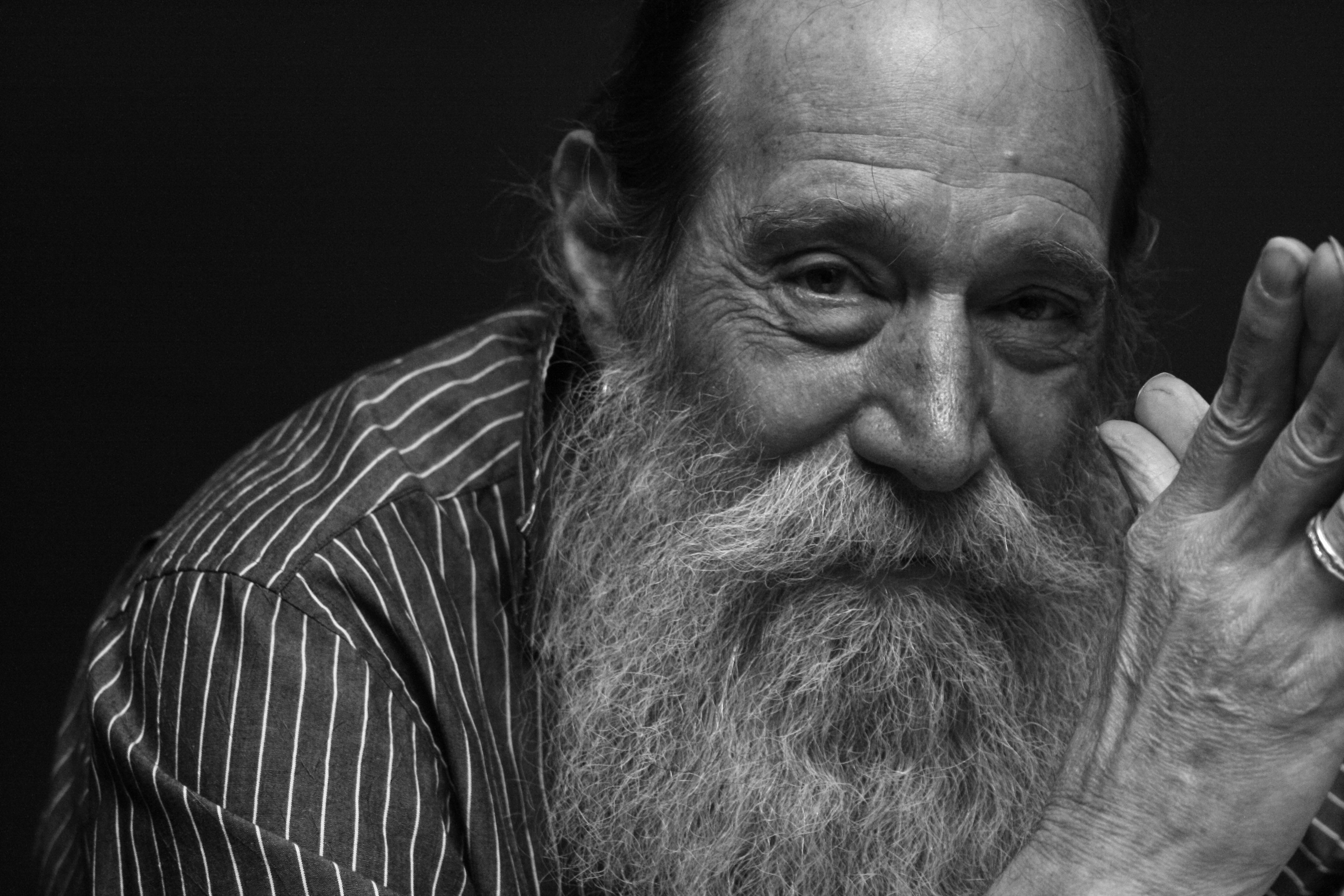If you can see past the advertisements for multiples and fancy real estate, Artspace has published a lengthy and interesting conversation between Benjamin Buchloh and Lawrence Weiner. Buchloh presses Weiner on the links connecting his work in a dizzying array of genres—from painting to writing to music and sculpture—while Weiner explain how the philosophy of language was instrumental to his artistic formation. Here’s an excerpt from the interview:
BB: There seems to be a peculiar contradiction: on the one hand, you insist that sculpture is the primary field within which your work should be read, yet at the same time you have also substituted language as a model for sculpture. Thus you have dismantled the traditional preoccupation with sculpture as an artisanal practice and a material production, as a process of modeling, carving, cutting, and producing objects in the world.
LW: If you can just walk away from Aristotelian thinking, my introduction of language as another sculptural material does not in fact require the negational displacement of other practices within the use of sculpture.
BB: But why would it even have to be discussed in terms of sculpture, rather than in terms of a qualitatively different project altogether?
LW: What would I call it? I call them “works,” I call them “pieces,” I called them whatever anybody else was coming up with that sounded like it was not sculpture. Then I realized that I was working with the materials that people called “sculptors” work with. I was working with mass, I was working with all of the processes of taking out and putting in. This is all a problem of designation. I also realized that I was dealing with very generalized structures in an extremely formalized one. These structures seemed to be of interest not only to me but to other artists at the time. I do not think that they were taken with the idea that it was language, but we were all talking about the ideas generated by placing a sculpture in the world. Therefore I did not think I was doing anything different from somebody putting fourteen tons of steel out. I said it was possible that I would build it if they wanted, I said it was possible to have somebody else build it, and then I finally realized that it was possible just to leave it in language. There was not a skill; art is not about skill.
Image of Lawrence Weiner via FAD Magazine.
